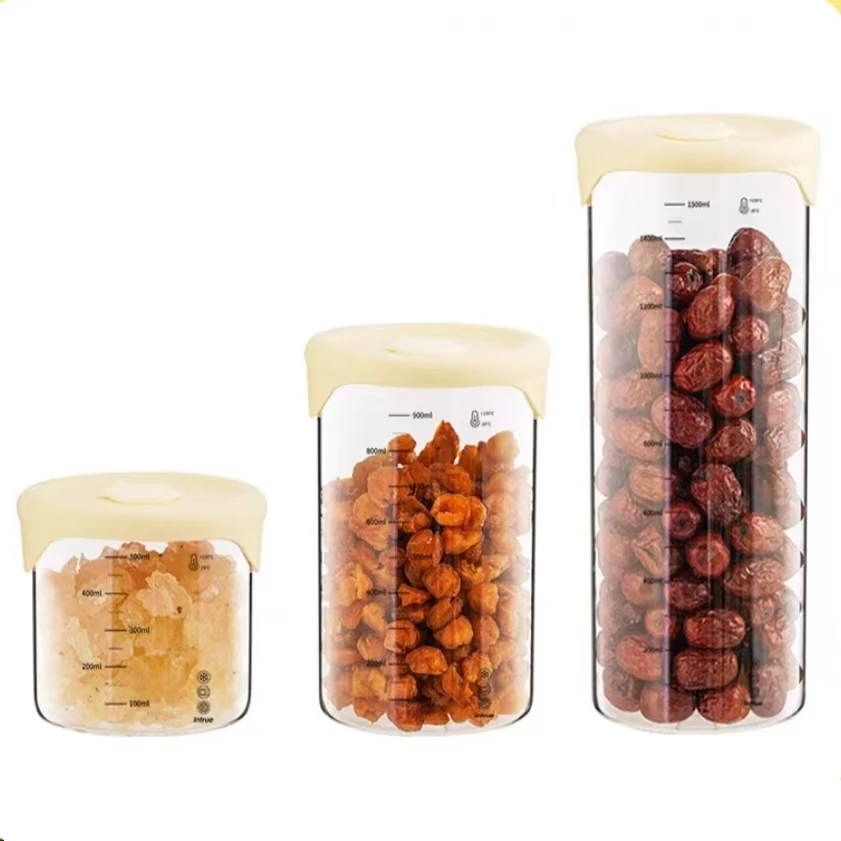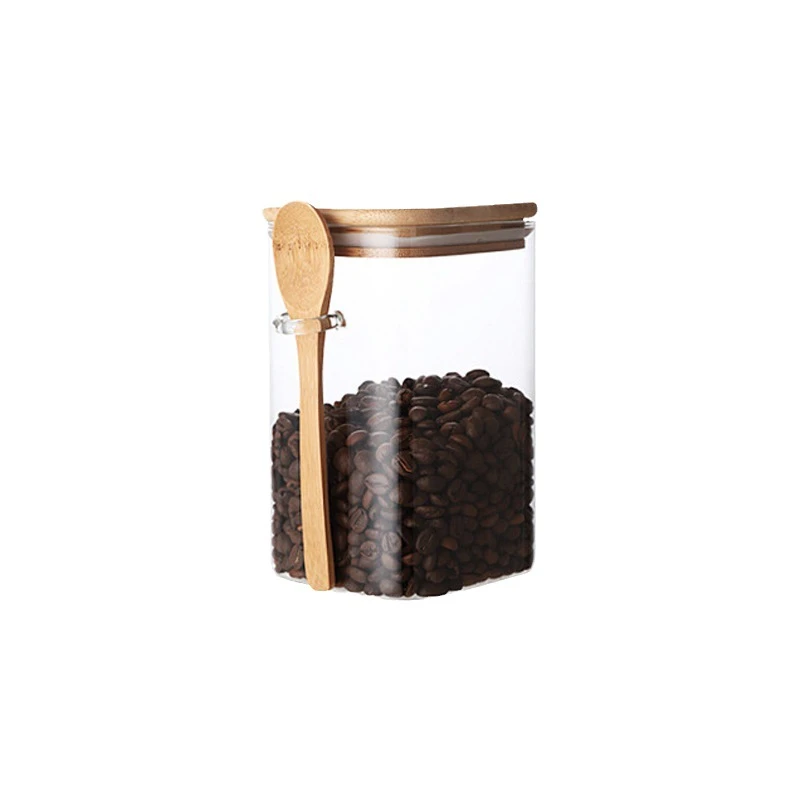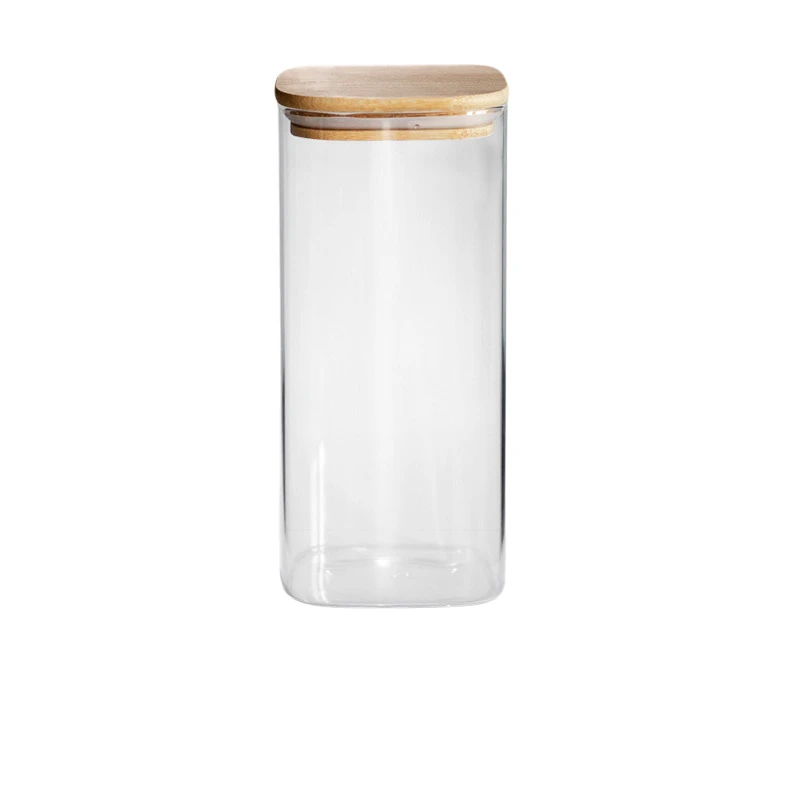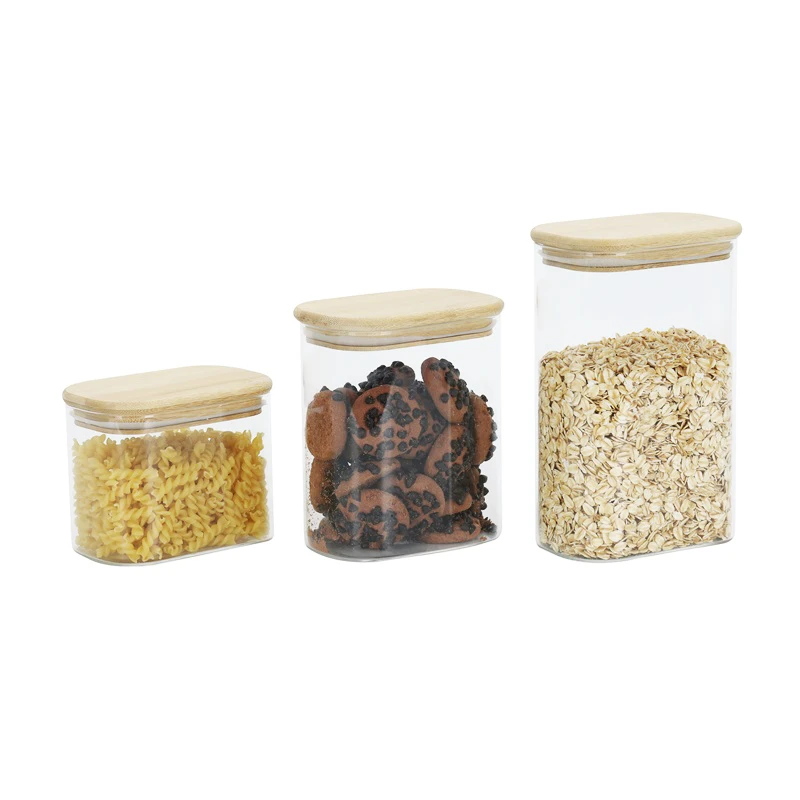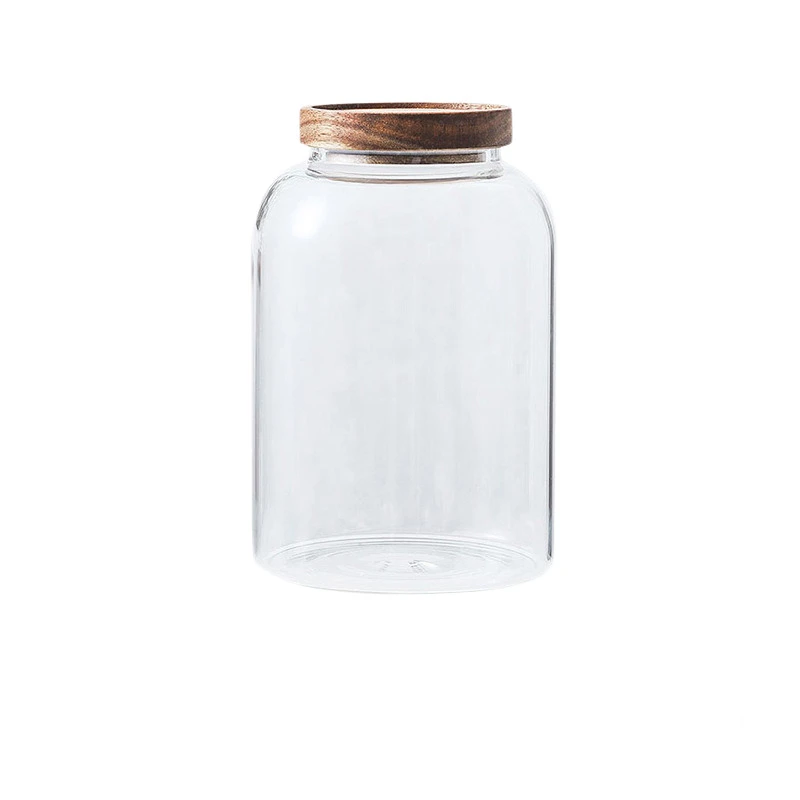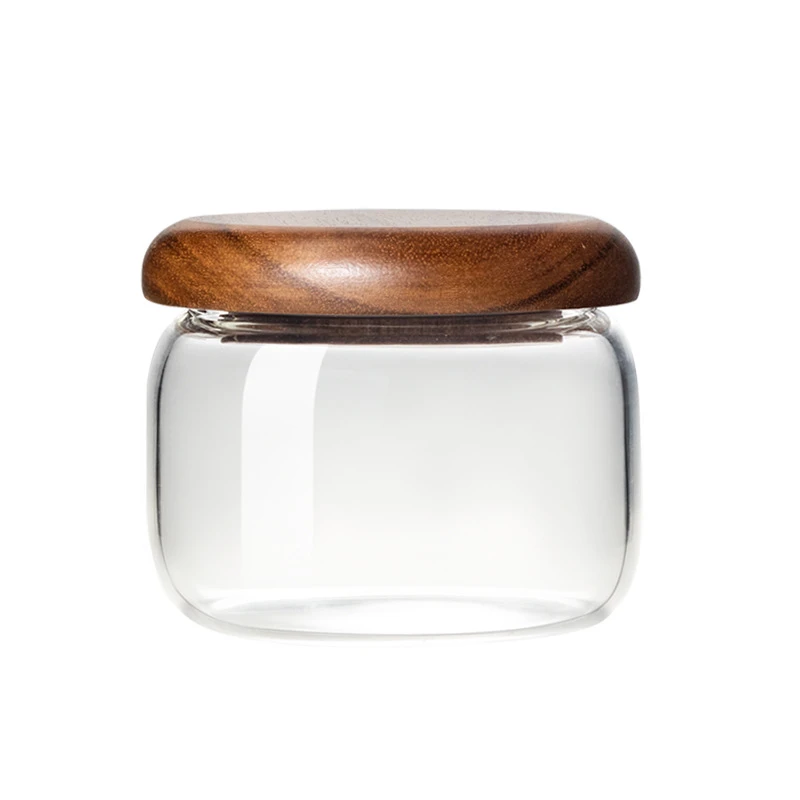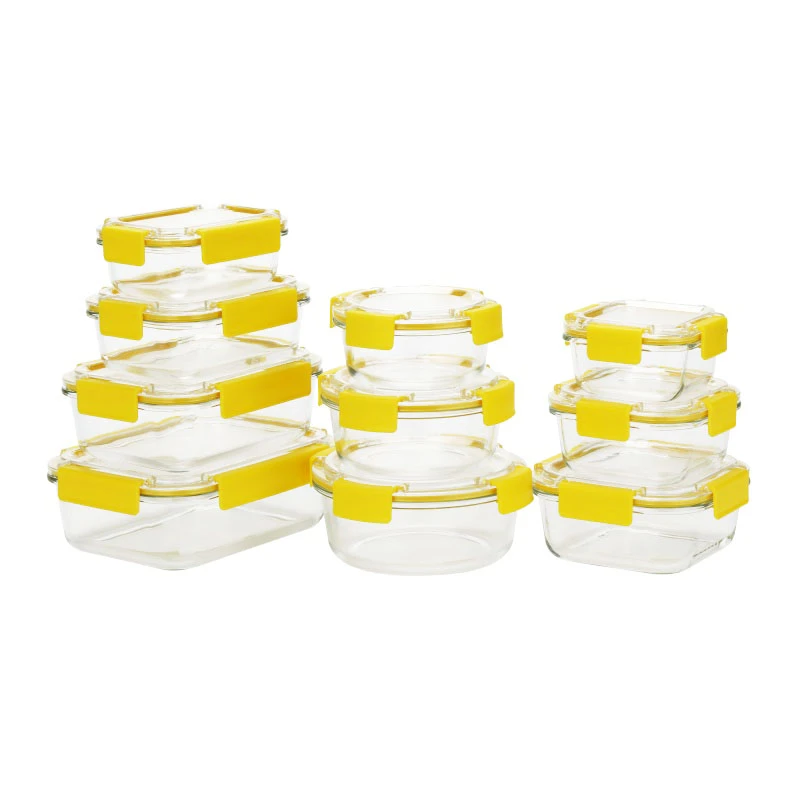 TEL: +86 311 67799298
TEL: +86 311 67799298 Email: tina@yintoglassware.com
Email: tina@yintoglassware.com
Eco-Friendly Glass Bottles for Refreshing Beverages and Stylish Hydration
The Timeless Charm of Glass Beverage Bottles
In an age dominated by plastic packaging, the allure of glass beverage bottles remains undeniable. These elegant containers not only embody sophistication and style but also offer numerous benefits that make them a preferred choice for consumers and manufacturers alike. From the crisp sound of a bottle being uncapped to the refreshing taste of a drink stored in glass, the experience is one of luxury and quality.
History of Glass Beverage Bottles
The use of glass to hold liquids dates back thousands of years, with the earliest examples being found in ancient Egypt and Mesopotamia. However, the modern glass beverage bottle as we know it began to take shape in the 19th century with the advent of the industrial revolution. The ability to mass-produce glass bottles revolutionized the beverage industry, allowing soft drinks, beers, and other liquids to be packaged efficiently and sold widely. The classic shapes and styles of these bottles have become iconic, including the curved Coca-Cola bottle and the slender Heineken green bottle, which are not only functional but also serve as recognizable symbols of the brands they represent.
Environmental Benefits
One of the most significant advantages of glass beverage bottles is their environmental impact. Unlike plastic, which can take hundreds of years to decompose, glass is 100% recyclable and can be reused indefinitely without losing quality. The recycling process for glass is highly efficient—it requires less energy to recycle glass than to produce new glass from raw materials. Moreover, neighborhoods that engage in recycling programs can significantly reduce their carbon footprint by diverting glass from landfills. As eco-conscious consumers become more prevalent, many brands are transitioning back to glass packaging to appeal to this growing market segment.
Health and Safety Considerations
Health is another crucial aspect when considering beverage containers. Glass is a non-porous material, which means it does not leach harmful chemicals into the beverages it holds, a common issue with certain types of plastics. Many consumers are concerned about substances like BPA (Bisphenol A) present in some plastic bottles, which have been linked to various health issues. Glass mitigates this concern, making it a safer option for storing drinks. Furthermore, glass bottles are easier to sanitize, which is particularly important for beverages like juices and smoothies that are often consumed fresh.
glass beverage bottle
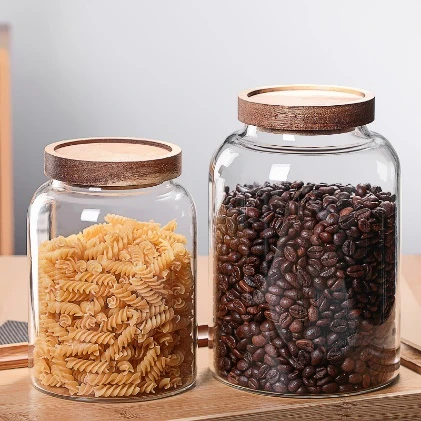
Taste and Preservation
Another often-overlooked advantage of glass is its ability to preserve the taste and quality of the beverages stored within. Glass does not impart flavors or odors to its contents, ensuring that drinks taste exactly as intended. Beverages kept in glass tend to maintain their carbonation and freshness longer than those stored in plastic bottles. This is especially true for carbonated drinks, where the seal of a glass bottle creates a more effective barrier against gas escape.
Aesthetic Appeal
The aesthetic aspect of glass beverage bottles cannot be ignored. Their transparency allows consumers to admire the color and texture of the beverage inside, enhancing the overall drinking experience. Many brands take advantage of this by designing visually striking bottles that reflect their brand identity. For example, artisanal craft beers often come in uniquely shaped brown or green bottles that yield a vintage feel, appealing to the senses and inviting consumers to take a closer look.
The Future of Glass Bottles
As society continues to evolve toward more sustainable practices, glass beverage bottles are poised to regain their prominence in the market. Brands are increasingly aware that their packaging choices resonate with consumers, and many are rethinking their use of plastic in favor of more environmentally friendly options. With innovations in glass manufacturing and recycling, and as technology advances, we can expect glass bottles to become a staple in the beverage industry once again.
In conclusion, glass beverage bottles encapsulate a rich history filled with practicality, health benefits, aesthetic appeal, and environmental consciousness. As consumers become more discerning and eco-friendly in their choices, the glass bottle's classic charm and functionality will undoubtedly secure its place in the pantheon of beverage packaging for years to come. Whether crafted for a nostalgic return to tradition or to usher in a more sustainable future, glass bottles are not just containers; they are an experience steeped in culture and care.
-
YINTO's colored glass bowls hold stories, not just foodNewsAug.24,2025
-
Exquisite Colored Glass Dinnerware Crafted from Volcanic SandNewsAug.24,2025
-
YINTO's colored glass dinnerware: edible art's canvasNewsAug.24,2025
-
A Blue Glass Dinner Plate with an Integrated NFC ChipNewsAug.24,2025
-
The Ultimate Defense Against Lukewarm RegretNewsAug.24,2025
-
YINTO's double coffee wall cup: A silent thermal revolutionNewsAug.24,2025



